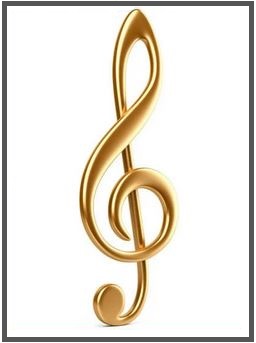 I’m not a classical musician. But I know something about how classical musicians are trained, and about how they teach, because I have worked next to them for years. I’ve substituted for their students, etc.
I’m not a classical musician. But I know something about how classical musicians are trained, and about how they teach, because I have worked next to them for years. I’ve substituted for their students, etc.
If I’m substituting for another teacher, I always ask the student to read something she or he has already covered. When you see a student stumbling through a piece their teacher checked-off in their book a month ago, then something’s wrong. You see this all the time.
At a popular piano blog, there’s an account by a young woman who took lessons in grade school from several different piano teachers. Her teachers didn’t see that she was half-reading the music and memorizing the rest. When she got to college, she had to get serious about improving her reading skills, because none of her teachers had ever bothered to assess her reading.
Piano lessons usually focus on how to apply specific techniques to whatever music you’re teaching. Most piano teachers don’t concentrate on sight-reading, or “reading” in the abstract. That’s why it’s important for you to assess your own reading, take the initiative, and develop your own strategies for getting better.
If reading staff notation is important to your musical goals, then you should update your learning strategies for reading music. In the world of classical music, reading is as important as knowing how to play your instrument. Don’t rely on your teacher to decide how you practice reading.